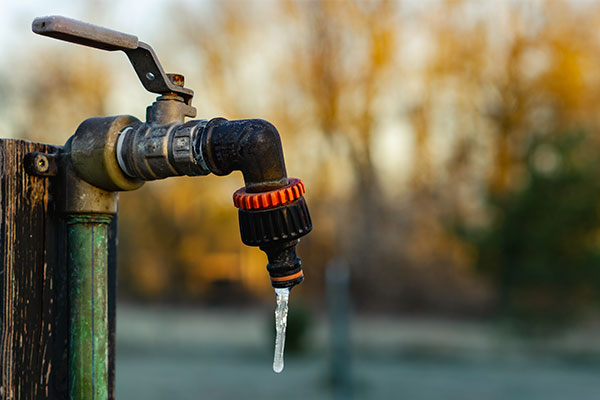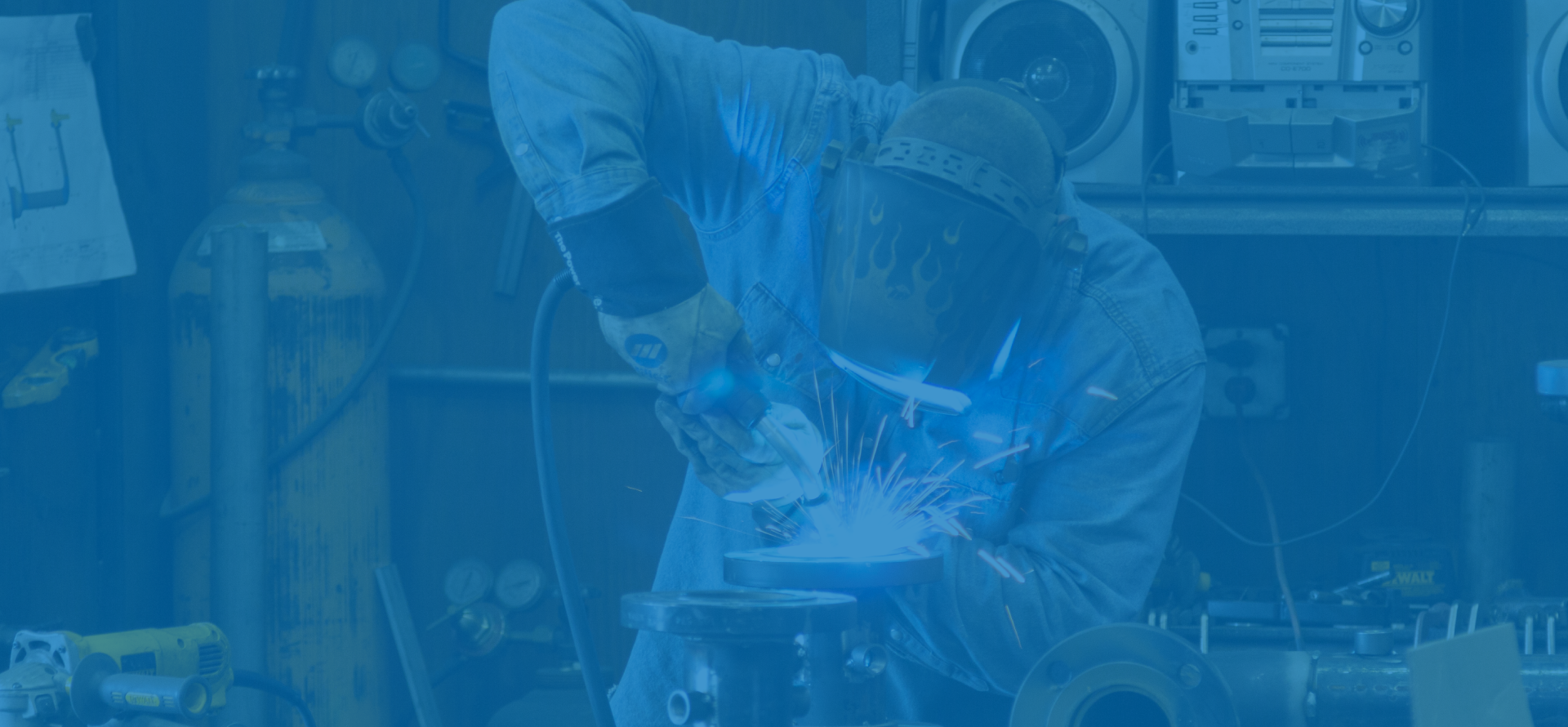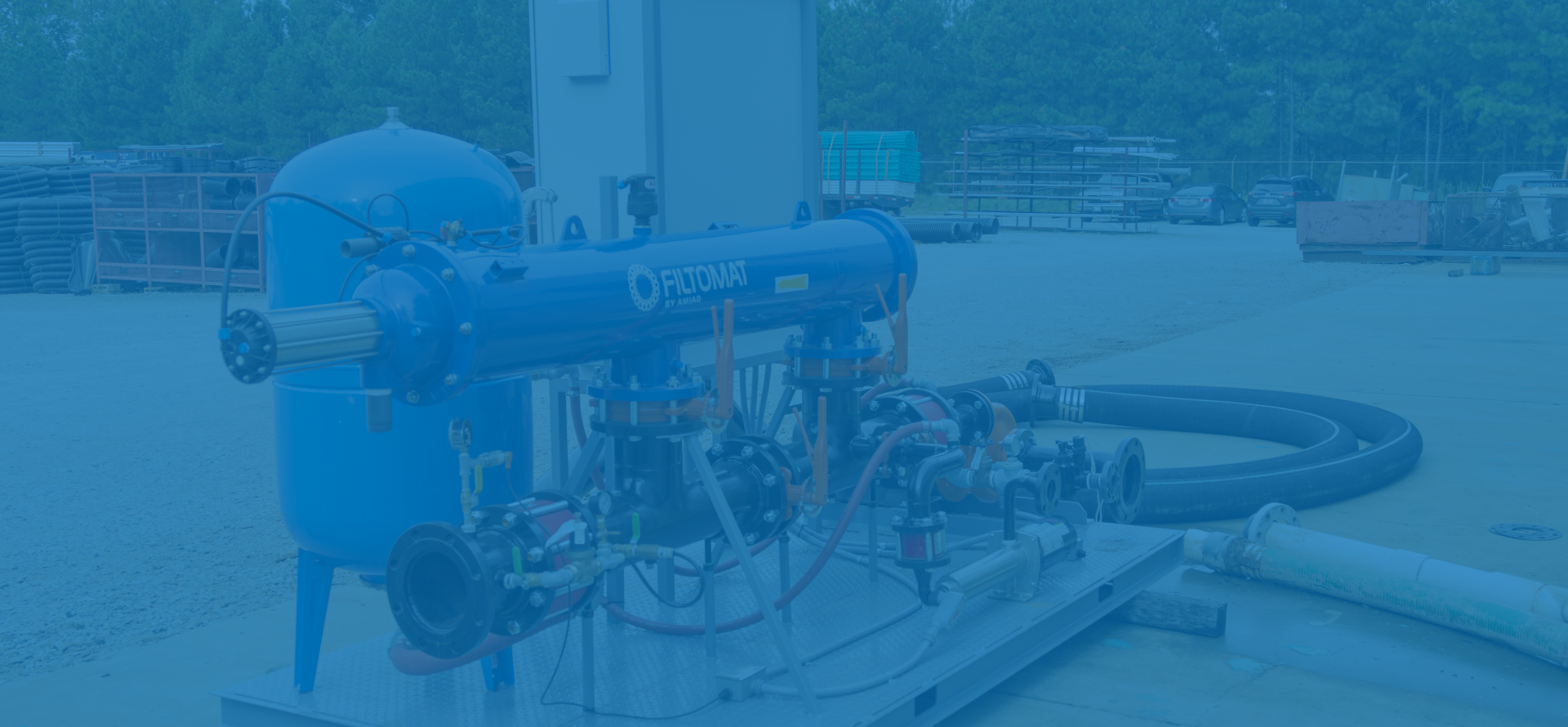
As winter approaches, businesses that rely on commercial irrigation systems, including those in agriculture, landscaping, and golf course management, face a formidable challenge: the risk of freezing temperatures damaging their irrigation infrastructure. When you winterize your irrigation system, you’re doing more than protecting it from freeze-related damage — you’re also preventing costly repairs and downtime. Here are some practical tips to ensure your system remains functional and intact throughout the coldest months.
1. Winterize Your Irrigation System Early
The key to preventing freeze damage to your irrigation system is preparation. Watch weather forecasts and begin winterization before a freeze. This typically means shutting off the water supply to your irrigation system and expelling all remaining water from the pipes, sprinkler heads, and valves. Water left inside can freeze, expand, and crack the components of your system.
2. Drain the Pipes Thoroughly
Drain your pipes completely using manual, automatic, or blow-out methods. For commercial systems, the blow-out method involves using compressed air to force water out and is often most effective. It’s important to have a professional handle this process, as the incorrect pressure can damage pipes.
3. Insulate Above-Ground Components
Any components of your irrigation system exposed to the elements, such as backflow preventers and valves, should have adequate insulation, especially during the winter. Use insulation tape or foam insulating tubes designed for plumbing. Ensure the material is waterproof and secure it with weather-resistant tape to protect against moisture, which can freeze and cause damage.
4. Install a Freeze Sensor
Modern irrigation systems allow for equipping with freeze sensors that automatically shut down the system when temperatures approach freezing points. These sensors are invaluable for commercial operations and provide an automatic safeguard against sudden temperature drops that could lead to freezing.
5. Check and Seal Off Leaks
Before the onset of winter, inspect your system for leaks. Even a small amount of leaking water can result in significant freezing problems when temperatures plummet. Repairing leaks will not only protect your system from freeze damage but will also improve its overall efficiency.
6. Schedule Regular Maintenance Checks
Regular maintenance checks throughout the winter months can catch potential problems before they lead to breaks, cracks, shutdowns, and system failure. Have a professional irrigation technician inspect your system periodically to ensure all the components are in good condition and properly insulated against the cold.
7. Understand Your System and Landscape
Each business’s landscape and irrigation system is unique. Know the layout of your irrigation system and understand which areas are most susceptible to freezing. Pay special attention to those areas, as they require more diligent freeze protection efforts.
8. Educate Your Staff
Make sure your staff understands the importance of the winterization process and how to protect the irrigation system from freeze. Include training on identifying potential issues, knowing what temperatures make your system vulnerable, and appropriate steps should a freeze, pipe break, or other issue occur. Proper training will ensure that everyone is vigilant about the system’s maintenance and knows what to do in case of an unexpected freeze.
Winterize Your Irrigation System
Implementing these tips to protect your irrigation system from freezing is an investment in the longevity and reliability of your irrigation infrastructure. A well-maintained system saves money on repairs and ensures you can hit the ground running when spring arrives. Remember, proactive protection is always more cost-effective than reactive repairs. Stay warm and keep your system safe this winter by enlisting the help of the professionals at W.P. Law.








